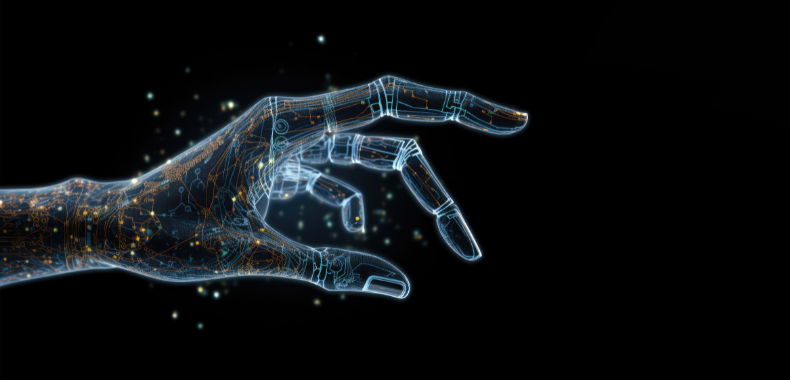Brazil is currently debating Bill No. 2.338/2023, which deals with artificial intelligence.
An important consequence of this bill is how it can improve the Brazilian judicial system. It is well known that Brazil has a large number of lawsuits, and by introducing Artificial Intelligence in this area, it is expected that judicial processes will become more effective and faster.
This means that it will be necessary to create some updates regarding ethics, transparency and governance in the production and use of artificial intelligence in the judiciary – there should be greater caution regarding data security, especially in the tools used by the judiciary.

Experts believe that it is important to formulate a methodology that allows for parameterisation, based on the definition of premises, such as what would be the ideal of transparency in relation to the justice systems, what type of information should be made transparent and who could have access to it, for example.
Therefore, it is important to know that Brazil is following your path to improve your systems and methods and, as a consequence, it will improve your judicial field to treat better and with effectiveness those who need it.
—
Author: Marília de Oliveira Fogaça e Cesar Peduti Filho, Peduti Advogados
Source: Segurança sobre dados norteiam debates sobre IA
—
“If you want to learn more about this topic, contact the author or the managing partner, Dr. Cesar Peduti Filho.”
“Se quiser saber mais sobre este tema, contate o autor ou o Dr. Cesar Peduti Filho.”


